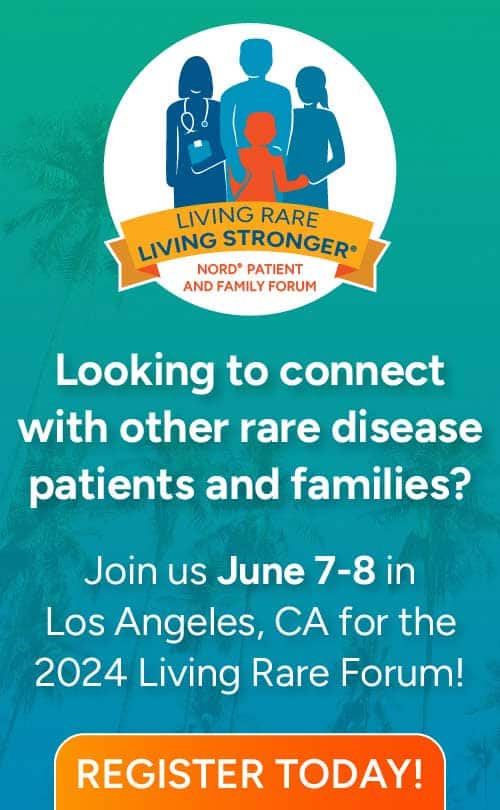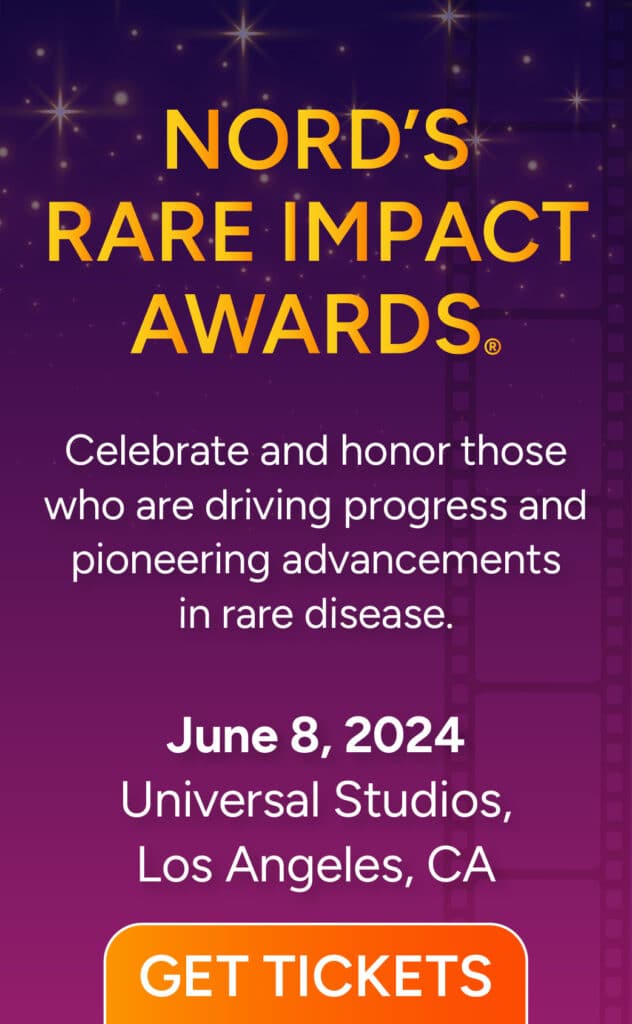A historic, virtual meeting of the galactosemia community, FDA, and drug development leaders will be hosted on Thursday, September 1st
Galactosemia is a rare, hereditary disorder that affects the body’s ability to convert galactose to glucose. Galactosemia affects 1 in every 40,000 to 1 in 60,000 newborns around the world. The Galactosemia Foundation is a non-profit, voluntary health organization that has made it their mission to maximize the potential for the development of individuals with galactosemia.
To share community perspectives on this rare disease, NORD is proud to partner with The Galactosemia Foundation to organize and host an upcoming externally led Patient-Focused Drug Development (EL-PFDD) meeting. An EL-PFDD is an innovative event that provides an opportunity for families and patients to share critical information about the impact of a rare disease on their daily lives and provide valuable insight for FDA and other key stakeholders, including researchers, medical product developers and health care providers.
The PFDD will be hosted virtually on Thursday, September 1 from 11am-3:30pm ET.
Galactosemia patient and caregiver stories are powerful, and their perspectives are critical to the decisions made by drug developers. This is an extraordinary opportunity to listen to medical and patient discussion and storytelling, as well to participate in live, online polling and Q&A. Anyone affected by galactosemia, as well as researchers, clinicians and other supporters are invited to attend. Registration is now open!
PFDDs are one of the most important ways the voice of rare disease patients and caregivers can be heard and utilized in decision making. NORD has applied to the FDA and has been granted approval to host an EL-PFDD meeting focused on several rare diseases, including pyruvate kinase deficiency (PKD) in 2019, Krabbe disease in 2020, Post-Transplant Lymphoproliferative Disorder (PTLD) in May 2022, and Galactosemia this September. Each year, NORD allocates resources and provides additional guidance and leadership to help a few groups and disease communities with need in hosting PFDDs and bring patient experiences directly to decisionmakers.



